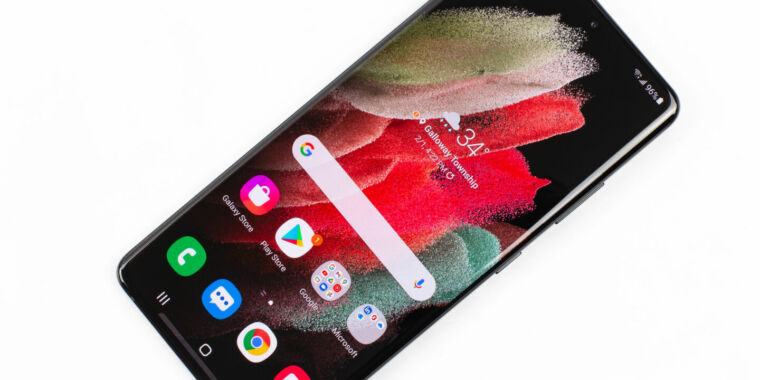
Huawei plans to start charging royalties from major smartphone makers like Samsung and Apple for the use of its various 5G-related patents, according to CNBC.
Huawei is trying to make up for some of the losses it has suffered as a result of the U.S. government’s measures to sanction the company and limit its ability to sell products on the American market. The US government says that national security concerns have driven the policy.
Apple and Samsung would each have to pay up to $ 2.50 per smartphone sold, with Huawei promising to limit that amount and keep rates lower than competitors like Qualcomm or Nokia. For example, Nokia has limited its licensing fee to around $ 3.58 per unit.
Huawei expects to raise between $ 1.2 billion and $ 1.3 billion in total fees from 2019 to 2021, although that figure includes more than just the 5G royalties discussed here.
An intellectual property research firm called GreyB is cited by CNBC as claiming that Huawei has the largest number of 5G patent families declared by any company, 3,007, and that 18.3% of them are in use.
Samsung and Apple will be Huawei’s biggest sources of 5G patent revenue at least in the short term, as they are currently the two largest smartphone companies in the world, and both revised their lines to focus on 5G phones last year.
Before U.S. sanctions and other developments, Huawei was second behind Samsung in the smartphone market. But at the end of 2020, Huawei fell to third place and Apple took its place.
The launch of 5G is still incipient in much of the world, and today’s 5G smartphones have disadvantages such as relatively low battery life. But industry analysts maintain a general consensus that 5G will be one of the key technologies that will drive sales, revenue and adoption across the technology sector for years to come.
For this reason, 5G patents are expected to be very valuable in the future.
Both Apple and Samsung use 5G modems manufactured by Qualcomm at the moment, but Huawei’s patents are still in progress. Apple plans to develop its own modems to replace Qualcomm’s on future iPhones, but will likely still depend on patents from companies like Huawei and Qualcomm to provide 5G connectivity.
